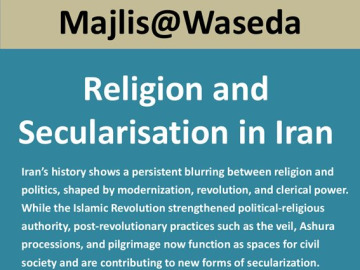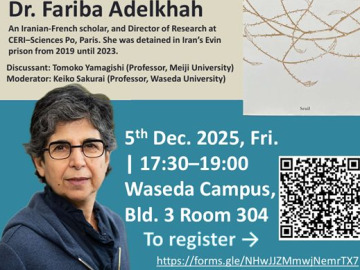Session 1: From Images to Machine-Readable Texts: An Introduction to eScriptorium (Lorenz Nigst)
(12:30 – 14:30)
This session, hosted by Lorenz Nigst, will provide a hands-on introduction to the digital text production pipeline eScriptorium, which allows individual users and project teams to convert images of manuscripts and other texts into machine-readable text through OCR/HTR and manual transcription. The session will walk participants through the main functionalities of the tool step by step. Lorenz was heavily involved in the development of eScriptorium and is a key figure in its continued use.
Learning Outcome:
At the end of the session, participants will be able to import, segment, transcribe, share, and export their own texts.
Session 2: Conceptualising and Visualising Text Reuse (Sarah Savant)
(15:00-17:00)
In this session we will teach you to use a new application created by the KITAB project for studying Arabic and Persian books through text reuse data. The KITAB app specifically enables a researcher to gather evidence for the computationally detected relationships between any two books and between any individual book and the rest of a corpus exceeding 1 billion words. Researchers can also investigate which parts of books were most often reused across time. The application and its main visualisations are useful for browsing and obtaining a general understanding of the written tradition (including its size and relationships). It ultimately enables a researcher to gather evidence relevant to topics such as the growth of canons, the different ways groups of authors treated historical topics, and different attitudes toward authorship and book production across time. In the session you will also learn how to download texts to read, search, and annotate on your own computer. We will offer a follow-up online session through which we can discuss your progress in applying the tools and address questions that arise as you undertake your own research.
The session is led by Sarah Bowen Savant, director of the Centre for Digital Humanities, at the Aga Khan University-ISMC in London. She runs the KITAB project, which built the application with funding from the European Research Council and the Mellon Foundation. The corpus and application now host mostly Arabic texts and data, but by the end of 2025 will include hundreds of Persian works too. The KITAB project aims for its data, methods, and tools to be reused by research projects internationally. The data and tools should be of particular interest to libraries, as they are freely accessible and can complement book metadata.
At the end of this session you will:
Understand what text reuse is and how to access text reuse data for Arabic and Persian from the KITAB portal;
Learn to interpret two conceptually different visualisations of text reuse data and how to interpret a few common patterns between and among texts;
Be able to download texts directly from the KITAB portal, for your own investigation and search.





